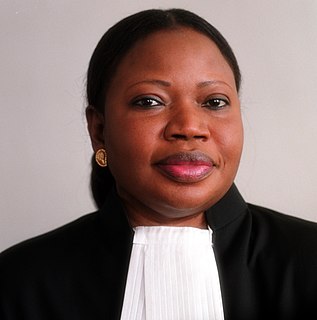A Quote by Tom Price
I'm very tough on crimes where there are victims who have been physically harmed. In such cases, I do not believe in leniency.
Related Quotes
We're going to show great heart. DACA is a very, very difficult subjects, one of the most difficult. You have these incredible kids in many cases, not in all cases, in some of the cases they are gang members and drug dealers, too. But you have some absolutely incredible kids, I would say mostly. They were brought here in such a way, it's a very, very tough subject.
I've had so many [life lessons], but the more I've walked through tough times, the stronger I've become. I truly believe anything is possible if you fully manifest it. I've been to the top and I believe I've been to the bottom as well. Respecting yourself is key - physically and mentally. It's OK to take care of yourself.
I used to deal with high-profile criminal cases that were covered extensively in the media, and one of the things I quickly appreciated was there was a gulf between what really took place in the middle of a case, the impact on victims, the effect on the police and how they solved crimes, and the way it was reported.
I do think that in many cases, where crimes have been covered up and perpetrators can escape justice, history can provide some accounting. It can identify the killers, ensure that their names are remembered, and it can give voice to and record the victims, and make sure, even more importantly, that their voices and their stories are remembered and heard. And I don't think there's justice, but I do think history can play an important role in that accounting.

































